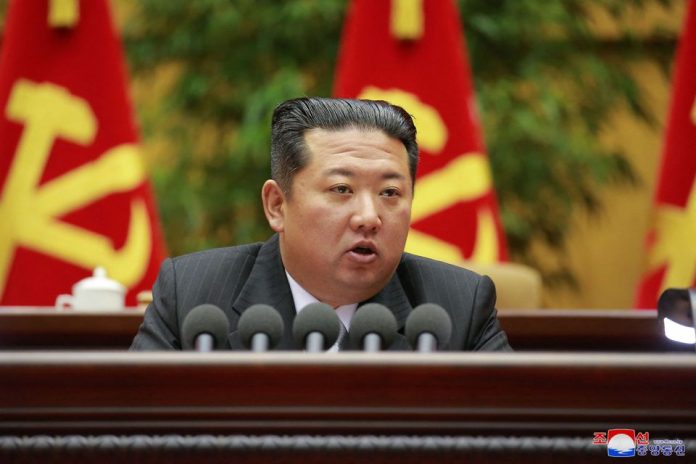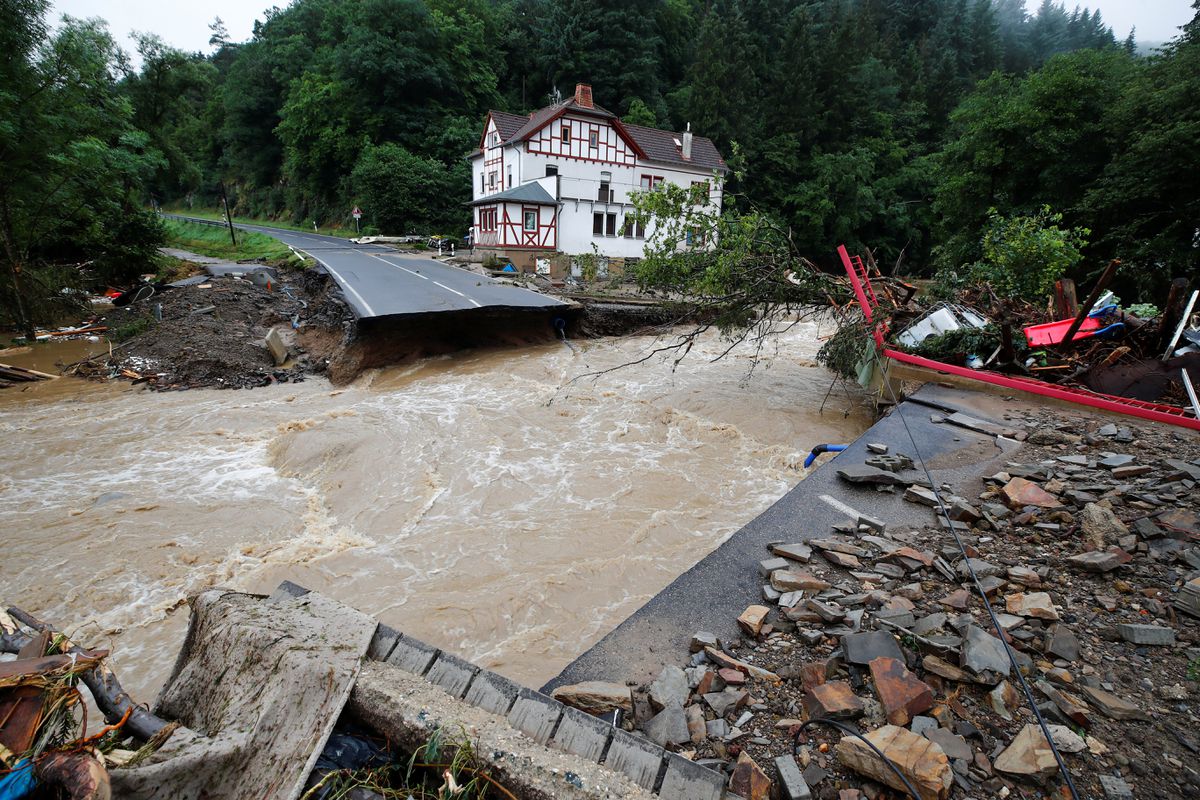North Korea conducted what is thought to be its largest intercontinental ballistic missile (ICBM) test ever on Thursday, the South Korean and Japanese militaries said, marking a dramatic end to a self-imposed moratorium on long-range testing.
It would be the first full-capability launch of the nuclear-armed state’s largest missiles since 2017, and represents a major step in the North’s development of weapons that might be able to deliver nuclear warheads anywhere in the United States.
The North’s return to major weapons tests also poses a new national security headache for U.S. President Joe Biden as he responds to Russia’s invasion of Ukraine, and presents a challenge to South Korea’s incoming conservative administration.
“This launch is a brazen violation of multiple U.N. Security Council resolutions and needlessly raises tensions and risks destabilising the security situation in the region,” White House press secretary Jen Psaki said in a statement.
“The door has not closed on diplomacy, but Pyongyang must immediately cease its destabilising actions.”
North Korea had put its ICBM and nuclear tests on hold since 2017, but has defended the weapons as necessary for self-defence. Amid stalled denuclearization efforts that Biden has struggled to jumpstart, Pyongyang has said U.S. overtures are insincere as long as Washington and its allies maintain “hostile policies” such as sanctions and military drills.
North Korea’s missile launch came as the world’s attention was riveted on the Ukraine crisis and was a jarring reminder that its leader Kim Jong Un will not be ignored.
South Korea’s outgoing President Moon Jae-in, who made engaging North Korea a major goal of his administration, condemned the launch as “a breach of the moratorium on ICBM launches that Chairman Kim Jong Un himself promised to the international community”.
It was also a serious threat to the Korean peninsula, the region and the international community, and a clear violation of U.N. Security Council resolutions, added Moon, who is due to leave office in May.
The latest missile launch was an “unacceptable act of violence”, Japanese Prime Minster Fumio Kishida said.
Thursday’s ICBM launch prompted South Korea to test-fire a volley of its own, smaller ballistic and air-to-ground missiles to demonstrate it has the “capability and readiness” to precisely strike missile launch sites, command and support facilities, and other targets in North Korea if necessary, South Korea’s Joint Chiefs of Staff said in a statement.
U.S. Secretary of State Antony Blinken, who was in Brussels where Biden met with fellow Western leaders in a show of unity against the Kremlin’s war in Ukraine, spoke by phone with counterparts in Japan and South Korea after the launch.
Japanese Foreign Minister Yoshimasa Hayashi said they had agreed that North Korea’s move represented a clear and grave challenge to the international community.
Blinken and South Korean Foreign Minister Chung Eui-yong called for a decisive response and agreed that additional measures by the U.N. Security Council were essential, South Korea’s foreign ministry said in a statement.
























































![[FREE FREE MONEY] Predict and Win a Guaranteed GH¢200 From Us EVERY WEEK](https://wordpress.ghanatalksradio.com/wp-content/uploads/2022/02/Predict-and-Win-Final-09-03-2021-218x150.jpg)
![[Predict & Win – 8th/Oct.] WIN A Guaranteed ¢200 From Us This Week](https://wordpress.ghanatalksradio.com/wp-content/uploads/2021/10/maxresdefault-16-218x150.jpg)
![[Predict & Win – 2nd] WIN A Guaranteed ¢200 From Us This Week](https://wordpress.ghanatalksradio.com/wp-content/uploads/2021/09/maxresdefault-50-218x150.jpg)
![[Predict & Win – 25th] WIN A Guaranteed ¢200 From Us This Week](https://wordpress.ghanatalksradio.com/wp-content/uploads/2021/09/maxresdefault-36-218x150.jpg)
![[Predict & Win – 18th] WIN A Guaranteed ¢200 From Us This Week](https://wordpress.ghanatalksradio.com/wp-content/uploads/2021/09/maxresdefault-23-218x150.jpg)







![[National cathedral] See full list of churches that have contributed since 2018](https://wordpress.ghanatalksradio.com/wp-content/uploads/2020/09/Ghana-National-Cathedral-GhanaTalksRadio-100x70.jpg)



